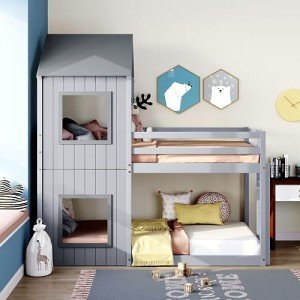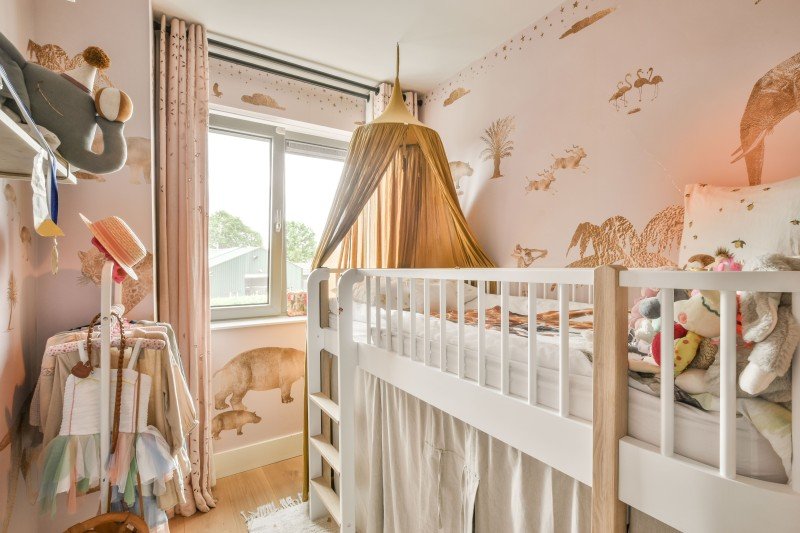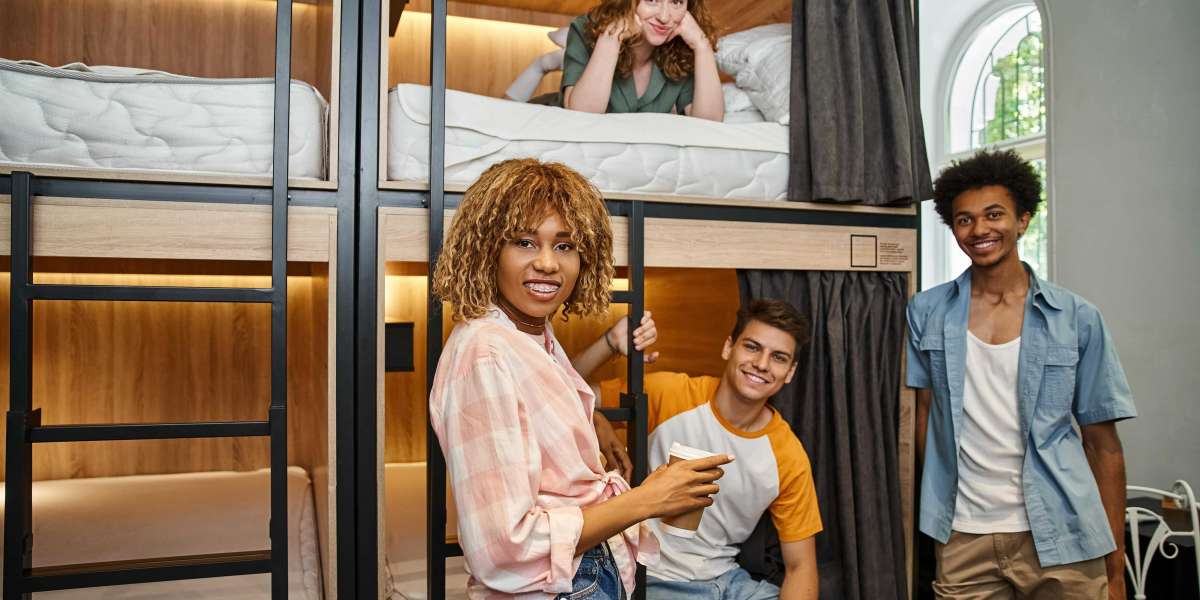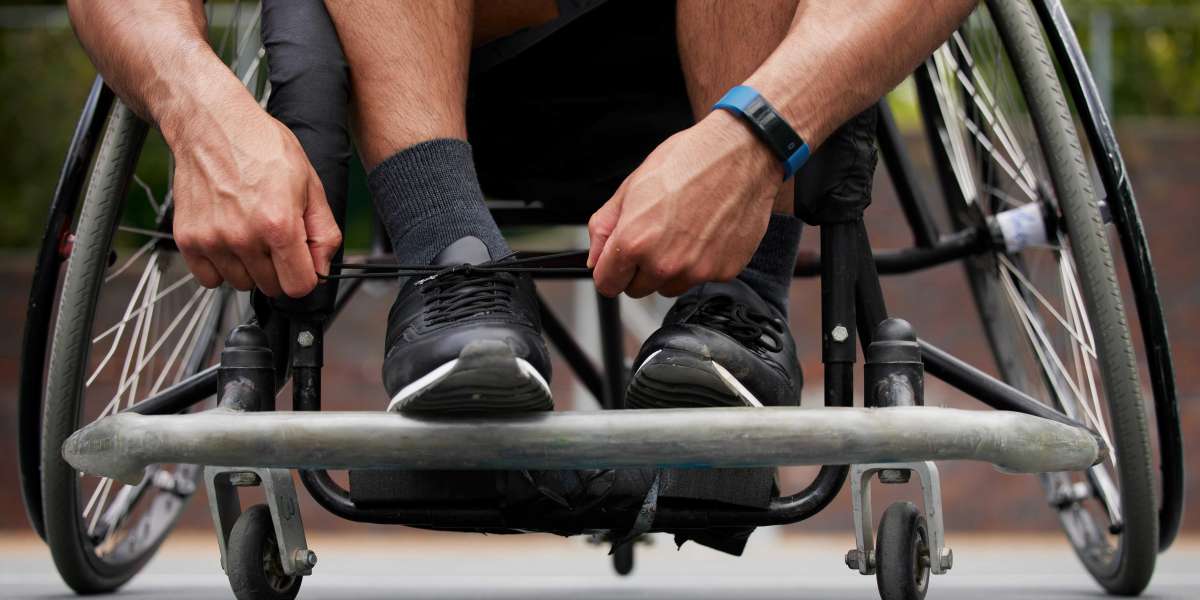
Bunk Beds Sale: A Comprehensive Guide to Choosing the Right Bunk Bed for Your Home
Bunk beds have long been a staple in kids's bedrooms, providing a combination of space-saving efficiency and fun. Whether accommodating siblings, buddies on sleepovers, or merely maximizing a playroom, bunk beds have become an important component in modern household homes. As sales on bunk beds rise, it ends up being progressively crucial for consumers to make educated choices when acquiring one. This short article will cover the essentials of purchasing a bunk bed, from types to security functions, in addition to tips for keeping the stability of your investment.
Types of Bunk Beds
When considering a bunk bed sale, it's crucial to comprehend the different styles readily available on the marketplace. Below are the most common types:
Traditional Bunk Beds: These include 2 beds stacked one above the other, sharing a single frame. They are frequently the most economical option.
L-Shaped Bunk Beds: This style includes one bed placed vertically and another horizontally. This arrangement creates additional space below the upper bed, which can be used for storage or a play location.
Lofted Beds: Similar to traditional bunk beds sales beds but without any lower bed. Rather, the space below can be used for a desk, play area, or additional storage.
Triple Bunk Beds: For families with a bigger variety of children or frequent pajama parties, triple bunk beds supply three sleeping locations in a space-efficient design.
Futon Bunk Beds: These styles merge bunk beds and futon couches. The bottom area converts into a separate seating location, improving functionality.
Convertible Bunk Beds: These beds can be separated into two individual beds, making them versatile as kids's needs alter with time.
Table 1: Comparison of Bunk Bed Types
| Type | Description | Space Efficiency | Additional Features |
|---|---|---|---|
| Conventional Bunk Bed | 2 beds stacked vertically | High | Most basic style |
| L-Shaped Bunk Bed | One vertical and one horizontal bed | Moderate | Play or storage space |
| Lofted Bed | Raised bed with open space below | High | Work/play area |
| Triple Bunk Bed | Three stacked beds | Really High | Accommodates more users |
| Futon Bunk Bed | Bunk bed with a convertible futon | High | Multi-functional |
| Convertible Bunk Bed | Can be split into 2 different beds | Moderate | Versatility & longevity |
Security Features to Consider
Safety is vital when investing in a bunk bed. Below are key safety functions to search for:
Guardrails: Adequate guardrails ought to exist on both sides of the upper bunk to prevent falls. They must be at least 5 inches higher than the bed mattress.
Ladder Design: Look for strong, broad ladders with slip-resistant rungs. Make sure that the angle is not too high for simple access.
Stability: Ensure the bed is built with strong products, such as strong wood or durable metal. The bed must not wobble when in usage.
Weight Limit: Check the weight capacity of the bunk bed to ensure it can accommodate the intended users safely.
Product Safety: If possible, choose beds made from non-toxic products or those meeting security requirements for kids's furniture.
Table 2: Essential Safety Features
| Function | Description | Importance |
|---|---|---|
| Guardrails | Sides of upper bed to prevent falls | Necessary for kid security |
| Ladder Design | Solid, slip-resistant rungs | Help safe and simple access |
| Stability | Construct quality to avoid wobbling | Makes sure safety and longevity |
| Weight Limit | Maximum weight capability | Avoids accidents |
| Material Safety | Non-toxic, safe materials | Safeguards kids's health |
Upkeep Tips for Bunk Beds
To extend the life of your bunk bed and make sure ongoing security, consider the following upkeep suggestions:
Regular Inspections: Periodically inspect the structure for loose screws, bolts, or any signs of wear. Tighten up fasteners as essential.
Tidy Periodically: Dust and clean the surface areas frequently. Usage appropriate cleaners that won't damage the finish.
Check Weight Limits: Be mindful of weight limitations, particularly with older kids or adults who may want to use the upper bunk.
Prevent Climbing on Guardrails: Educate children not to use guardrails for climbing or playing to reduce the threat of mishaps.
Regularly Asked Questions (FAQs)
Q1: What is the age limit for children to safely use bunk beds?A: While it differs by the manufacturer, many recommend that kids under six ought to not sleep in the upper bunk due to security issues.
Q2: How can parents dissuade unsafe climbing?A: Setting clear guidelines about bunk bed usage and supervising kids can assist. Additionally, utilizing a bed camping tent can dissuade climbing up while creating an enjoyable sleep environment.
Q3: What should I think about when decorating a room with bunk beds?A: Ensure there is adequate space around the bunk bed for safe motion, and utilize the design to produce customized spaces for each kid.

Q4: Is a lofted bed appropriate for older kids?A: Yes, lofted beds can be ideal for older children as long as they satisfy security requirements and the child is accountable enough to use them safely.
Bunk beds serve a functional function while adding an element of fun to a child's bed room. As sales of bunk beds continue to increase, careful factor to consider of types, security functions, and upkeep practices is necessary for parents and caregivers. By comprehending these essential factors, families can discover the perfect bunk bed for their home, guaranteeing both practicality and security for years to come. Whether it's for siblings sharing a space or developing a cozy slumber party space, a well-chosen bunk bed can offer pleasure and practicality, making it a deserving investment.




